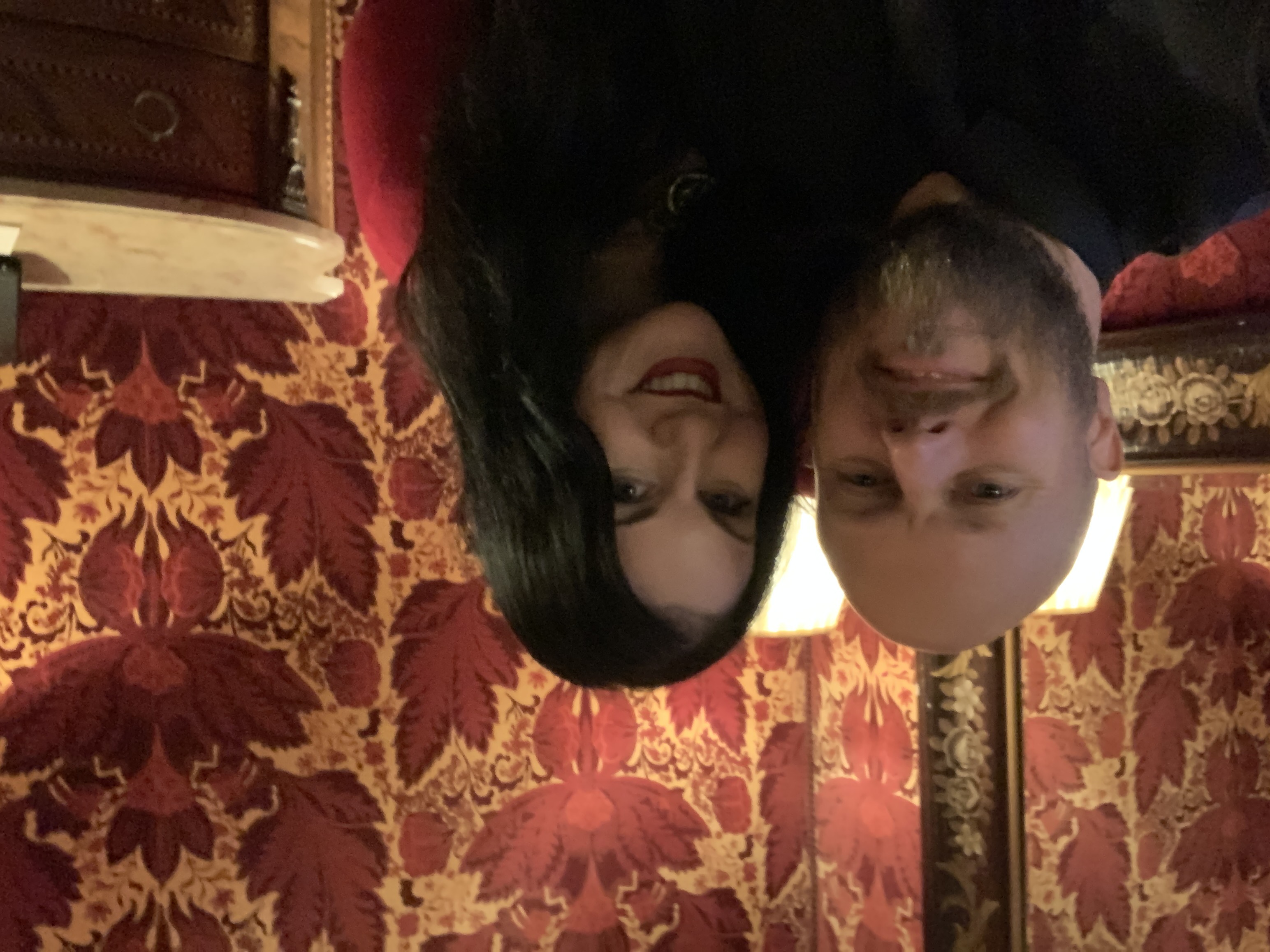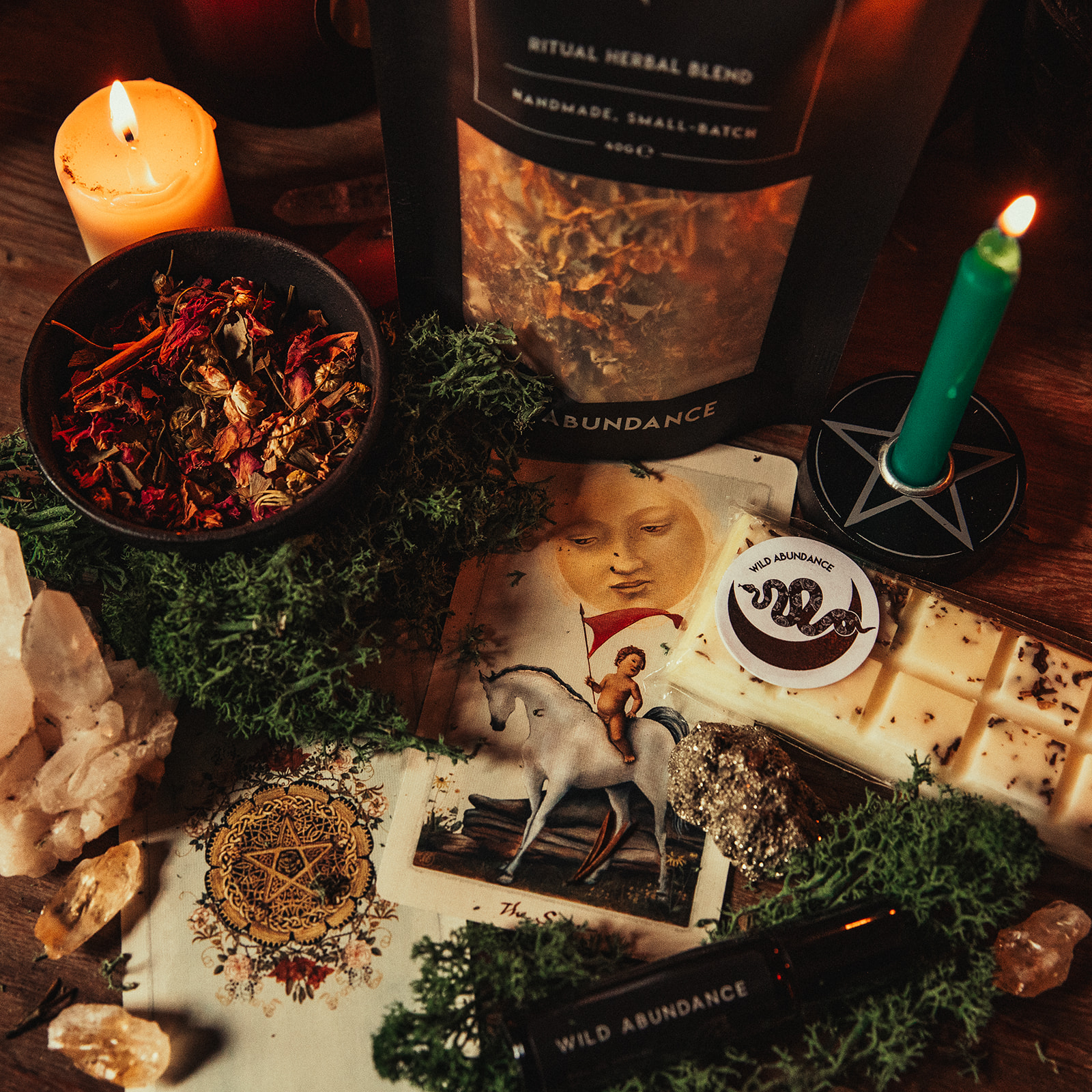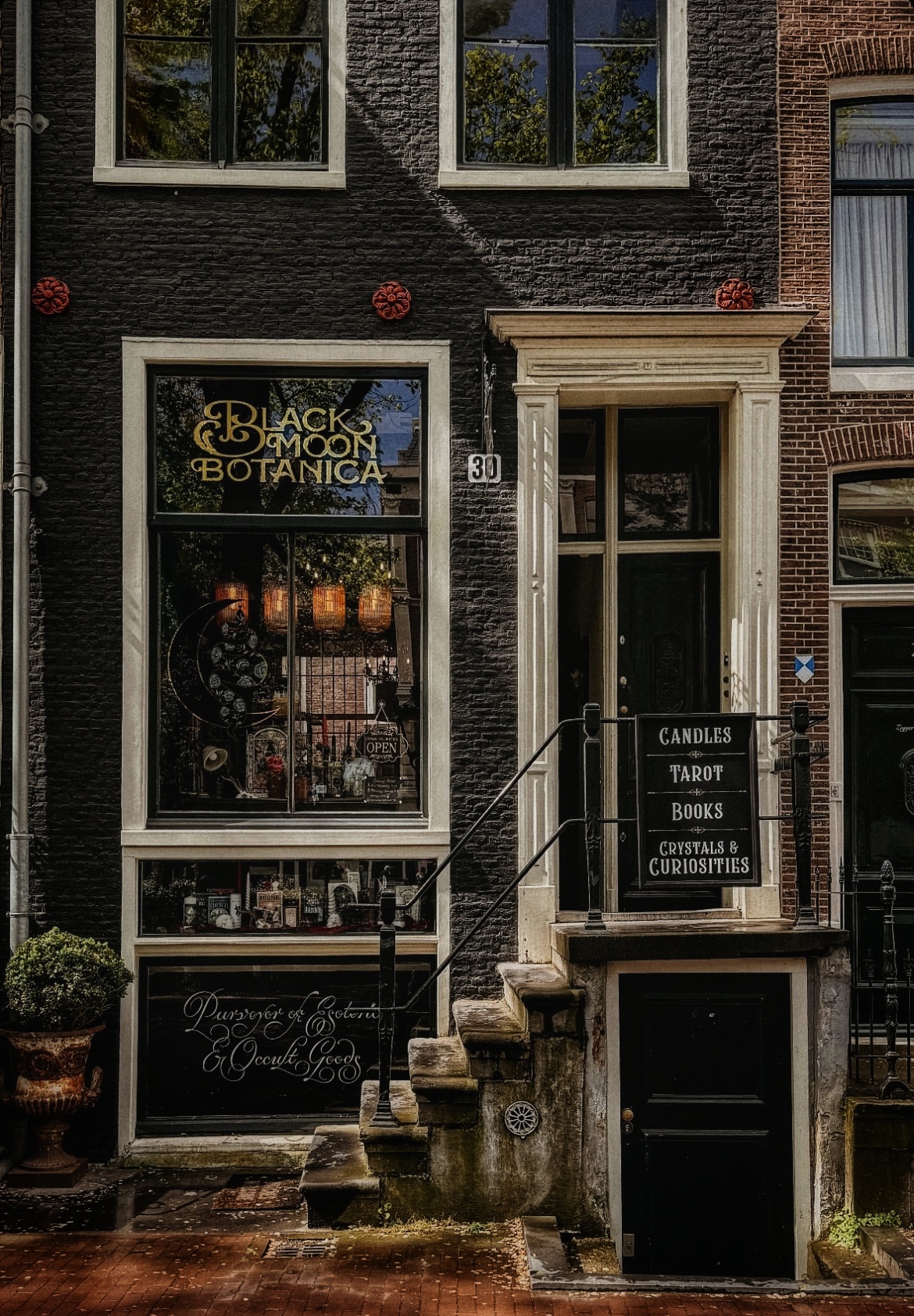Some people start businesses with big plans and market forecasts. Others start by making things they wish existed. There’s no playbook for what comes next—just decisions that pile up, one after another. What to keep, what to cut, where to grow, and when to stop. Pieter-Paul and Brooke never set out to scale a business. They started by making their own candles. Then they opened a tiny Edinburgh shop focused on witchcraft as a lived practice—not a trend. Over time, their instincts kept proving right. The customer base grew. A second shop followed. Then Brexit hit, and European shipping collapsed. That’s when they made their biggest decision yet: opening a third store in Amsterdam to rebuild EU access, stay close to handmade production, and offer more physical space for workshops and community events. Their focus hasn’t changed—but their reach has.
“The art of saying no is everything. Not every opportunity is actually a good one.”
Black Moon Botanica now includes two locations in Edinburgh and one in Amsterdam, with nine employees and two separate online shops—one for the UK, the other for international shipping. Around 75% of revenue comes from physical retail, with the rest from e-commerce, Patreon, and events. Most products are made by hand in their own workshops, including a basement canal space in Amsterdam and a studio in Scotland. “Handmade really means handmade,” Pieter-Paul said. “We make everything ourselves.” Their audience has followed them across platforms and borders: they ship to the EU, US, Australia, and beyond. But everything is managed by the two of them—with help from a small team hired entirely from within their customer base. “Everyone we’ve hired was a customer first. That changes everything.”
.png)



%20(1).jpg)
.jpg)
.jpg)
%20(1).jpg)


.png)